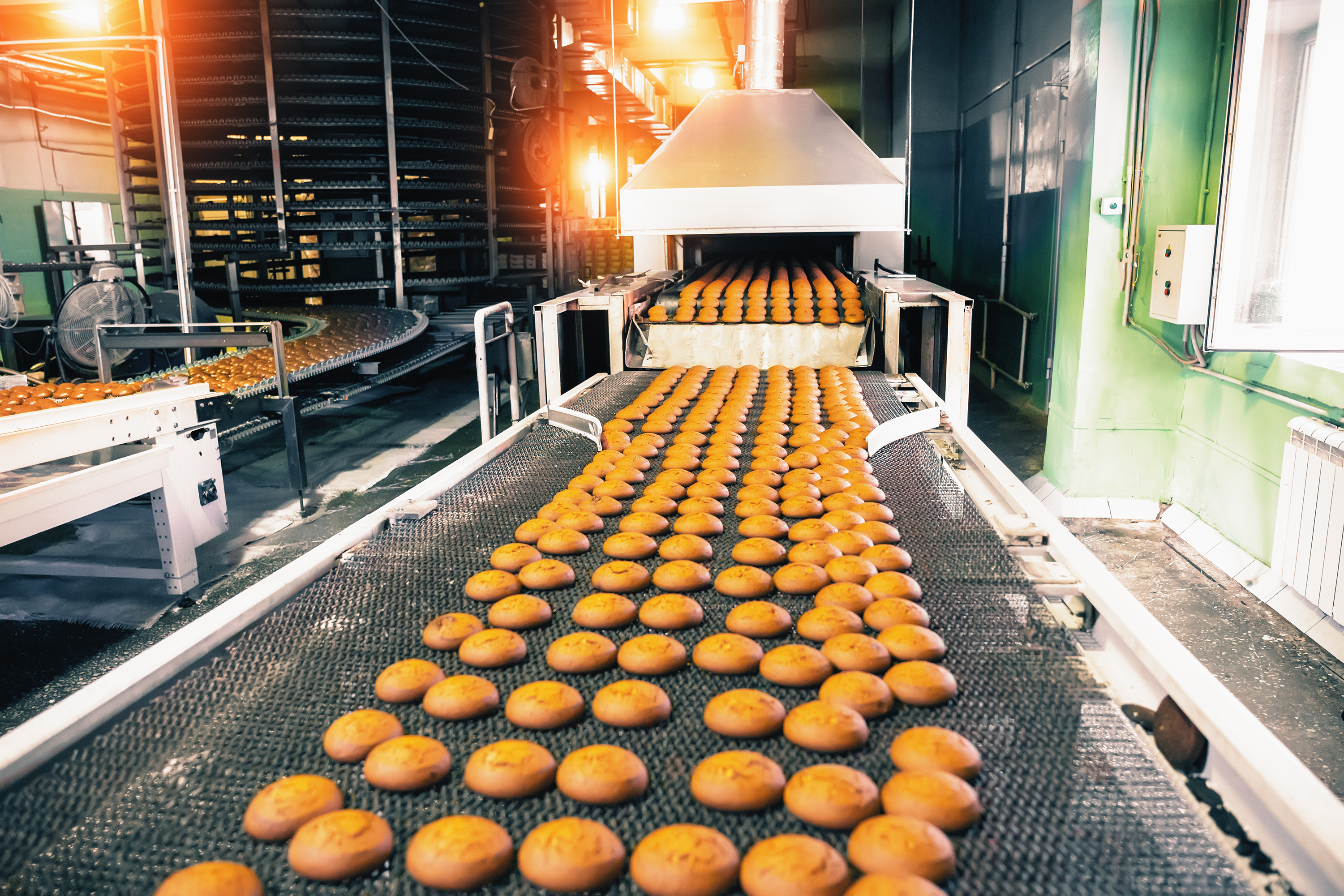1 min read
Safety in the Work Place: A Numbers you need to know series
There are just a few things that connect all manufacturers, no matter where they are in the world and no matter what they do. These are the key...

No matter what game you play, you need to know the rules you operate under. Rules are critical to the game itself; they dictate how the players should behave. Chess and many board games not only have rules for the players but for the pieces. Each piece has its own pattern. Choosing that piece limits what’s possible.
Don’t you find the same thing in the shop? You have the machines, workstations, tools and materials and ingredients. Each of these things operate differently. Let’s use a hard example. Let’s say you must consider set-up time in your process (here’s a quick look at 6 ways to shorten that time). In the case of recipe-based manufacturing, this could be heating (and cooling) an oven. In parts and materials, it might be attaching the tool to the machine before working a part or even cleaning the workstation between two different operations. This time is critical to the process itself. It can’t be avoided.
As each piece in chess moves faster (the rook all the way across the board in a straight line) or slower (the king one space at a time), so does your production. Let’s say you have a piece of work to make 1,000 of something that can crank out quickly, but the set-up time makes that job take longer than the order for 1,500 of something that doesn’t require the intricate set-up. How should you proceed? Who’s figuring that out for you today and who’s going to tell you how you’re doing on each?
True Production Control, at least to us at CIMx, means that you know what you should be doing in what order and whether you are ahead, behind or right on time, at all times. You have optimized all your workflows and your work so that you’ll get it all done in the most efficient way. I’ve seen critical personnel on shop floors work magic trying to get things through in the most efficient way. They are your strongest asset and your weakest point. The minute that they’re no longer in the picture, the outcome is completely different. No one can do that job but them and you’re going to be the one to pay for it when they go – whether on vacation or more permanently.
Production Control requires the ability to move and change as things move and change. You need to both anticipate and respond to things at the same time and with the same speed. In chess, it’s anticipating what your opponent’s next move is and figuring out the best new way to checkmate based on it. The morning huddle (see why you need to have one here) is a great way to get organized and we encourage all the shops we work with to have them, but without the use of modern technology, you are relying on people to make decisions without the data to support it. They can make choices, but they’re based on what they think they know, which may be different than what’s happening.
Visibility is key to both the game of chess and to Production Control in manufacturing. The more you know about what moves your opponent is likely to make, the quicker you can fight them and win the game. In manufacturing, speed certainly isn’t everything. You want to move as fast as possible, but not so fast that you sacrifice quality or safety. You have an extra layer of things to consider.
Seeing past the present picture takes data, no matter what way you slice it. You need an accurate picture of the current situation and a list of options based on where you’re at. You need to be able to ask questions and get the answers you need in a timely fashion. You need tools that let you flex the work you’re doing and assess the outcomes.
True visibility is not just seeing what’s happening. You could do that by walking around. Of course, this lowers productivity and the speed of your answers when you have to look through everything to get the answers you’re looking for. True visibility is seeing what is happening and what it means. Knowing that a piece of work is held up because you don’t have the materials or people to complete the task is acceptable if you can still get the job done on time. For this scenario, you need to know how much cushion you have. Impossible on a job board or a list-based schedule. That same hold-up could be catastrophic if you knew that the person required to do that work won’t be at work tomorrow or that you’re going to be late delivering to your customer no matter what you do. These are very separate and distinctly different situations that require different action; in the first case, monitoring to make sure you don’t fall behind, in the second, remediation.
You win the game of chess by capturing the king, by cornering it and leaving it no other options. When you have surrounded it so that no matter what piece or where your opponent moves, you can capture the king, time is up. It certainly feels like checkmate on some of the shop floors we visit. People are scrambling every day to make the game of production work. They are trying whatever they can to get things done on-time and safely. They are playing the game the best they know how with the tools you’ve given them.
Consider whether you’ve provided all the tools you can to make that happen. The three things that we find most important to making a shop floor run smoothly are inventory (controlling it from receiving to finished product), process control (know what your team needs to do, how to do it and how long it’s going to take), and scheduling (have a real live look at when things will actually get done based on where you are right now rather than what you predicted early today or this week). If you don’t have clear sight of inventory, your processes and how you control them, and your schedule, it might be checkmate for you.
Support and empower your team with a system that gives you the data you need to know. Production Control is not something an ERP can do. You need a system that gives you visibility, productivity, and flexibility - typical financial systems cannot handle this. Push the Connect button to learn about how we help teams with this. Or, if you have a question, reach out to info@cimx.com. We are here to help you save money, time and get your Production under Control.
Contact CIMx Software to see how a Manufacturing Execution System can improve production control for you.

1 min read
There are just a few things that connect all manufacturers, no matter where they are in the world and no matter what they do. These are the key...

1 min read
I’m a gardener. I absolutely love the taste of anything I can grow. Warm from the sun, things just taste better. I learned the art of a great tomato...

1 min read
We’re hearing from the customers we serve that there’s no good way to calculate a return-on-investment (ROI) that they will truly believe in and can...